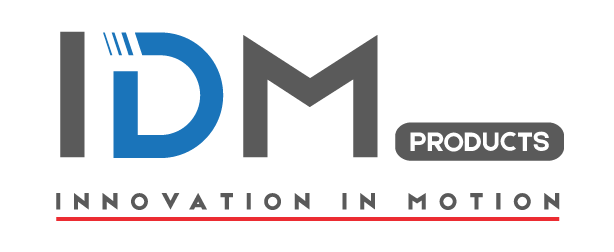In the fast-paced and ever-evolving landscape of today’s business world, corporations are constantly seeking ways to enhance efficiency, streamline operations, and stay ahead of the competition. One powerful tool that sometimes goes overlooked is systems integration—a process that can revolutionize the way organizations operate and position themselves for sustainable success.
Breaking Down Silos: The Power of Integration
Corporations today rely on a myriad of systems to manage various aspects of their operations—customer relationship management (CRM), enterprise resource planning (ERP), human resources, supply chain management, and more. However, these systems often operate in isolation, leading to data silos, inefficient processes, and missed opportunities.
Systems integration is the key to breaking down these silos. It involves connecting disparate systems, devices, and applications to create a unified and streamlined infrastructure. By facilitating seamless communication and data sharing across different departments, integration empowers organizations to make more informed decisions, enhance collaboration, and respond swiftly to market changes.
Enhancing Operational Efficiency
Imagine a scenario where your finance team has instant access to real-time sales data, your customer support team can view order history without switching between applications, and your marketing team can analyze customer feedback in conjunction with sales trends. This level of integration not only saves time but also minimizes the risk of errors associated with manual data entry and data transfer between systems.
The result is a more agile and responsive organization capable of adapting to changing market dynamics. Integrated systems enable faster decision-making, allowing corporations to capitalize on emerging opportunities and navigate challenges with greater ease.
Improving Customer Experience
In an era where customer experience is paramount, seamless interactions and personalized service are non-negotiable. Systems integration plays a pivotal role in achieving this. A unified view of customer data enables organizations to deliver personalized experiences, anticipate customer needs, and provide swift resolutions to issues. This not only fosters customer loyalty but also strengthens the brand’s reputation in the market.
Staying Competitive in the Digital Age
As we embrace the digital age, the demand for integrated systems becomes even more pronounced. The convergence of technologies like artificial intelligence, machine learning, and the Internet of Things requires a cohesive infrastructure to fully harness their potential. Systems integration lays the foundation for corporations to leverage these technologies, stay competitive, and future-proof their operations.
Embrace the Power of Integration
Systems integration is not just a technical consideration; it is a strategic imperative for corporations aiming to thrive in today’s dynamic business environment. By breaking down silos, enhancing efficiency, and improving customer experiences, integrated systems empower organizations to stay agile, competitive, and ready for the challenges of tomorrow.
As we navigate the complexities of the modern business landscape, let us recognize the transformative power of systems integration and harness it to propel our organization toward a future of sustained success.

